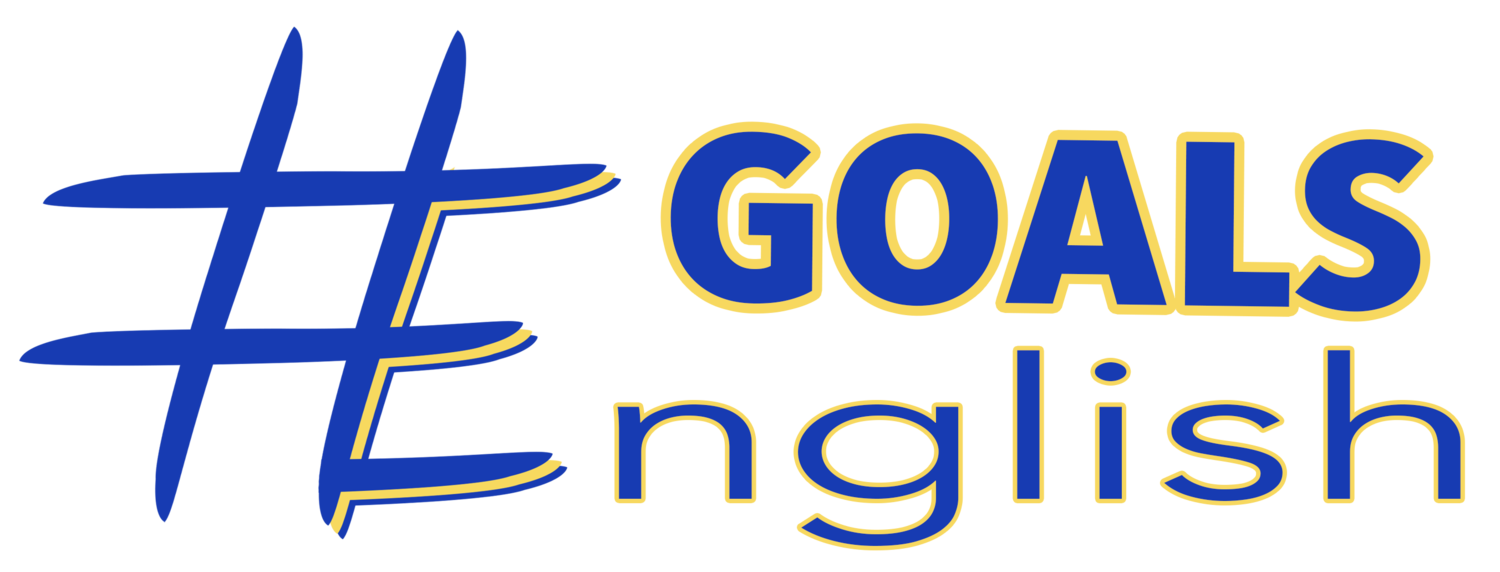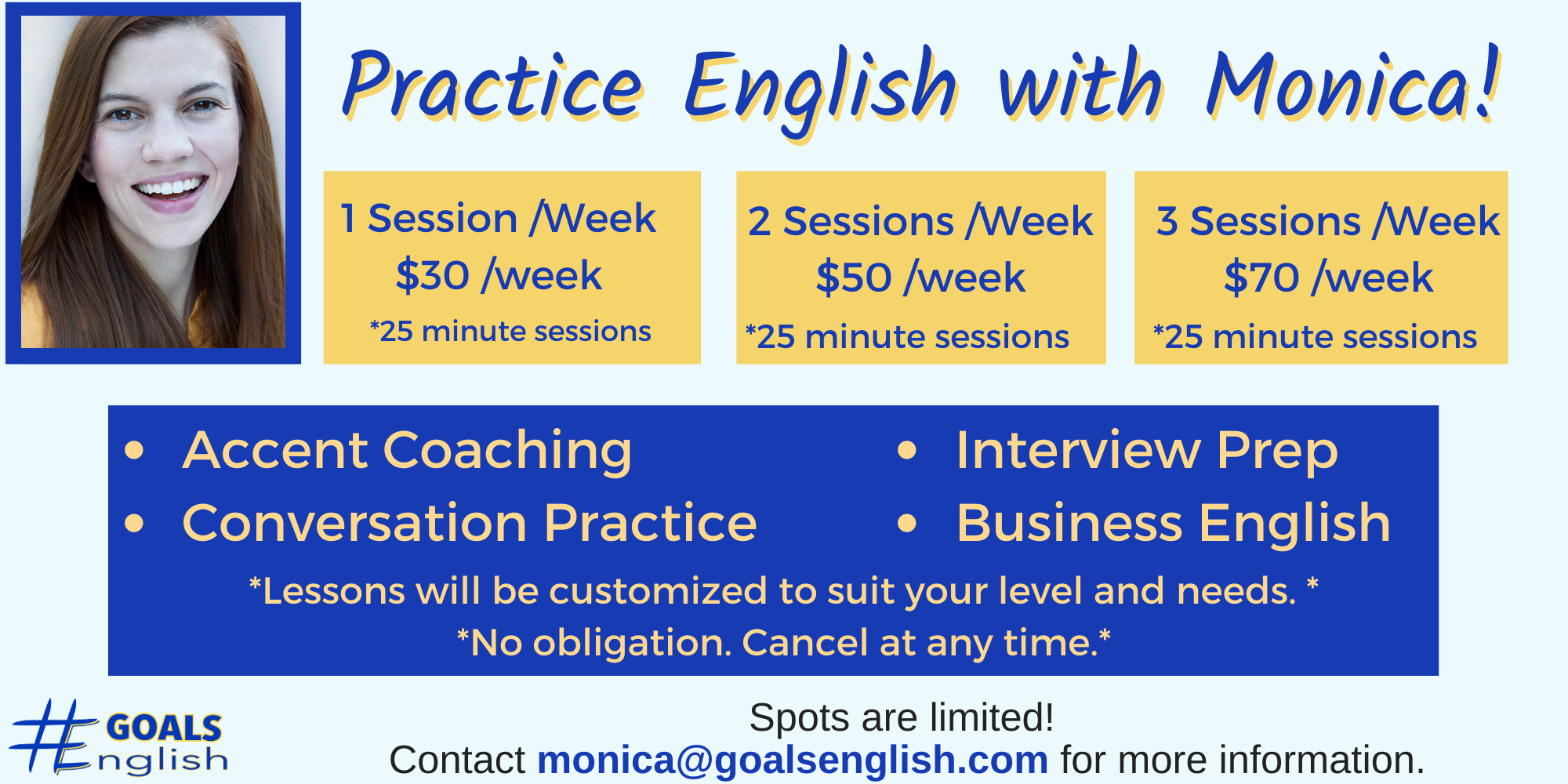It’s that time of year when we set new goals for the new year, or what we often call “New Year’s resolutions.”
What is a New Year’s Resolution?
A New Year’s resolution is when you “resolve” to reach new goals after the start of the new year. While everyone has their own unique goals, common New Year’s resolutions include: working out more, learning a new skill or hobby, taking the next steps in a career, reading more books, learning a new language, etc.
New Year’s resolutions have become somewhat of a joke, however, because despite high hopes on January 1st, there are a rare few people who follow through and achieve their goals as the year goes on.
For example, gyms see an increase in new people joining or coming into the gym in January, only to be back to normal by February. We’ve all been there!
But this doesn’t have to be you! If you know the right way to set achievable and realistic goals for yourself, you can pave the way to see a large amount of growth in the new year.
How Can I Set a Successful New Year’s Resolution for my Language Goals?
For the purposes of this page and blog (it is #GOALS English, after all) let’s focus on goals about language learning, however, these principles can be applied to any type of goal.
Here are some simple guidelines to follow when setting your language goals:
Be Specific with Your Language Goals
Sometimes, a goal is doomed to fail as soon as it’s made because it’s not specific enough. If your goal is something like “be more fluent in English” or “reduce my accent” you are already fighting a losing battle.
With goals that aren’t specific enough, there’s no way to know if you have achieved them.
What does it really me to “be more fluent”? How do you measure that? How do you know when you’ve succeeded? It’s too subjective, meaning it’s a matter of opinion. And honesty, from what I’ve seen of my students learning English over the years, no one ever thinks they are fluent enough, even if their English is excellent.
Vague and unclear goals will lead to vague and unclear results. Let’s look at how to set more specific goals with this new point.
Have Measurable Language Learning Goals
Make your English fluency goals measurable. When a goal is measurable, that means you can measure it in an objective way. A measurable goal will be very clear and easy to track and know whether you achieved them or not.
So with our examples “be more fluent” or “reduce my accent”, not only were they not specific enough, there is no way to measure them.
Here are some examples of measurable goals:
Practice English for 15 minutes a day
Learn 3 new idioms a week
Learn 1 new vocabulary words a day
Practice tongue twisters once a week
Find a language partner and practice English once a week
These are just some simple examples, but I think you get the point. These goals can easily be measured and tracked on paper and you will know 100% whether you achieved them or not.
You can create a document to track your progress or keep notes of your goal tracking in your language notebook. Either way, it will be easy to track, put a little checkmark or time log, and feel accomplished.
Make Your Language Goals Achievable but Challenging
This next one is a hard line to walk: balancing goals that are challenging enough to help you feel like you’re growing, but achievable enough that you won’t get discouraged. What this looks like to each person will be personal to you.
If you are currently studying English in school or in a university, for example, you may already be far exceeding 15 minutes a day of English study, so that wouldn’t be a challenging enough goal, whereas for someone else it would be quite challenging.
For new goals, really take an honest look at what you are doing to study English currently and aim higher for yourself so that your language goals are right in that sweet spot between achievable and challenging.
With English Fluency, Slow and Steady Wins the Race
When it comes to learning a new language or growing your skills and fluency in a language, as the saying goes, “Slow and steady wins the race.”
You may also have heard: “It’s a marathon, not a sprint.”
This second one especially is a mantra I repeat to myself and have even put on sticky notes around my desk!
No one walks into a gym, lifts all of the weights, and visits all of the machines in one session, and then goes: “Why aren’t I fit yet?”
And yet when it comes to learning a language, there are people who think this way. They think they can just cram in a session or two, and then bam! They know all the vocabulary! Or BAM! Now they have a perfect American accent.
Sorry to say, it just doesn’t work that way.
Students that understand that learning a language is a journey usually learn more in the long run than students who are in a rush to become amazing at English all at once.
The hard truth is that students who come to me wanting to learn English NOW end up getting frustrated and giving up before they’ve truly given themselves the time and consistency to see improvements.
Students who take their time and understand that learning a language won’t happen overnight and is in fact a slow, daily progression, have much better outcomes with their English fluency.
To that point, let me be very clear :
Language learning is never-ending.
That may sound scary if you want to be “finished” but it’s true for every person on the planet.
Seriously.
I am a native English speaker with a college degree and I have been an English teacher for over 10 years, and I’m STILL learning English.
There are still new words to learn, new phrases, idioms I’ve never heard, grammar concepts I use naturally but don’t know the names of. And I think that’s super cool!
If we’re continuing to read and learn and educate ourselves, learning a language (even our own native language) is a never-ending process.
Learn to find the joy in the daily practice of a language rather than feeling like you’re behind in some race to the finish line. It’s not a race. It’s a journey, and it should be fun!
Be Kind to Yourself When You Don’t Stick to Your Goals
Life happens. If you have a daily goal, for example, you’re bound to miss a day or two, maybe a week or two. Maybe, a month or two.
That’s ok! The best thing to do when you let a goal slip is to say to yourself “life happens” and move forward. The time you would waste feeling guilty or beating yourself up could be spent getting back on track with your goals.
Missing a goal is not a reason to throw the whole plan out. It’s very easy to say, “Ah well I missed a few days. I fail. I’ll just stop trying.” But where is the growth in that? No time spent learning a new language is wasted. So you missed a few days? So what?
Reset the clock and start again!
Keep a Clear Picture of WHY You Want to Reach Your Language Goal in Your Mind
This one is a little harder to explain so let me use my example. I’ve mentioned several times in blogs and lessons that I’m learning Portuguese. For me, my motivation is being able to speak fluently with Brazilian family members.
All of my life I grew up hearing everyone around me at family gatherings speaking a language I didn’t know, and feeling like I couldn’t join in. So for me, that’s my very personal goal I have in mind that keeps me motivated. I see myself in my mind going to the next family gathering and chatting it up with my Brazilian relatives with ease. That would be a dream come true, and it keeps me going when I feel like learning a new language as an adult is just too hard.
For you, it could mean seeing yourself traveling to the USA or another English-speaking country and being able to chat with the locals and easily find your way around.
It might be joining a college program that’s all in English and being able to understand your professors and classmates.
It might be confidently giving presentations or speaking with your bosses and coworkers in English at your office.
Whatever your personal goal is, keep it close, and have it bring you hope and joy when studying English feels like it’s getting too tough or monotonous.
Keeping your dream in your mind, with all of the specific details, will help keep you motivated on the tough days, and excited on the good days.
Find an Accountability Buddy and/or an English Teacher
Some goals may require some extra help. When it comes to fitness goals, for example, often a person will get a personal trainer or perhaps recruit a friend or coworker to be an “accountability buddy.”
An accountability buddy is basically someone that will help keep you accountable, meaning they will help keep you on track. This could mean training or practicing with you or simply being a person for you to check in with.
When it comes to learning a language this might be in the form of a language partner, a classmate, and/or a teacher. Anyone that you consistently meet or talk with about your progress in English.
With an English teacher, you can have that “accountability buddy” and teacher all in one place.
With my own personal journey of learning Portuguese, my Portuguese teacher has been absolutely vital in my progress. Not only do I get excellent lessons with her twice a week, but her classes also push me to practice more on my own time, complete homework, seek out speaking partners, etc.
I often think of a good language teacher the same way I think of a personal trainer at the gym, going back to our gym analogy. You don’t HAVE to have a personal trainer (aka English teacher) but it can help a lot. A trained expert can help you use your time wisely and show you techniques that you might not have even known you needed.
15 minutes spent casually running on a treadmill and 15 minutes spent with an intense personalized workout are very different.
I keep that same mindset with my students. 25 minutes with an accent and fluency coach targeting specific aspects of English fluency will do a lot more than 25 minutes spent, say, casually watching YouTube or studying a vocabulary list.
If you want to become more fluent in English, reduce your accent, and practice English more regularly, contact me, Monica, here at monica@goalsenglish.com to find out more about how my private online English lessons can help you reach your #GOALS.


